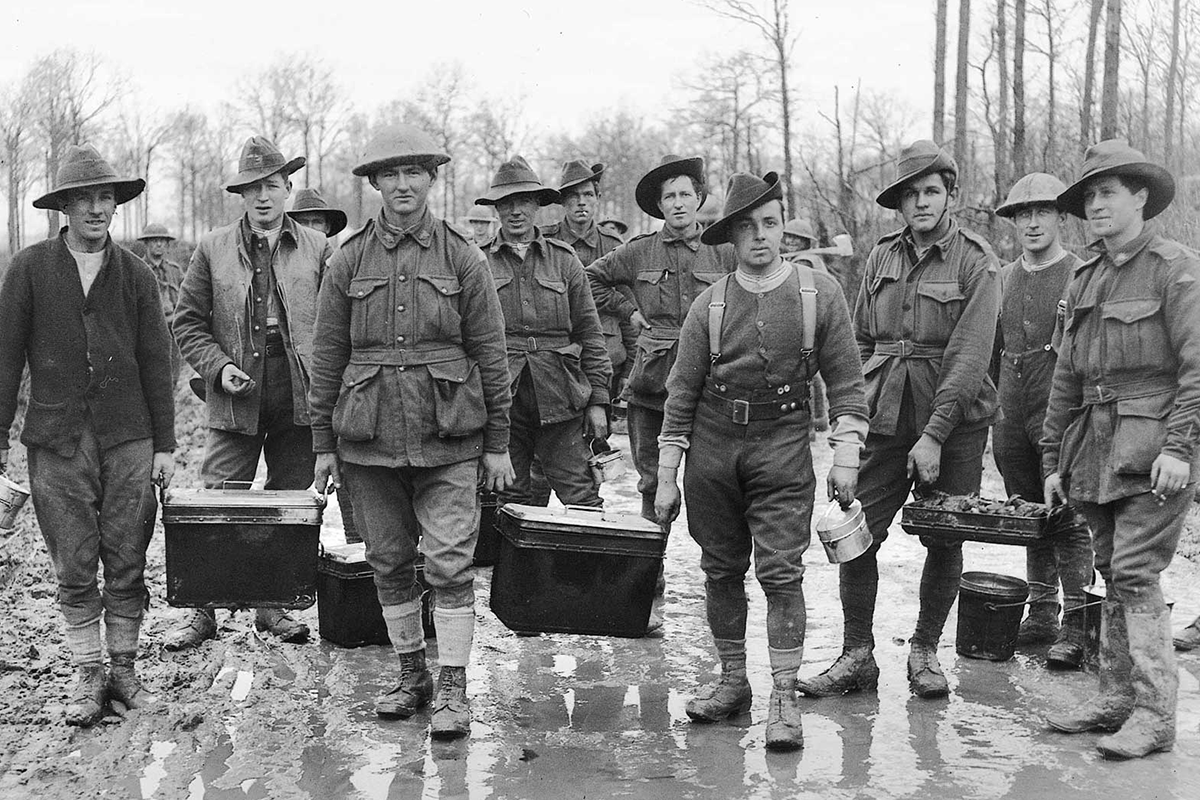Often, we can get too focused on our own troubles that we forget to appreciate what we do have, when comparing ourselves to the millions in history who’ve suffered worse hardships than us.
One eye-opening example is an Australian man born in 1900. Below is just a short list of the difficult events he faced, and the experiences he went through that changed him forever:
World War 1. At just 16, during Gallipoli, he was too young to fight, but would have seen his peers forge their identities so they could go to war – some not returning home.
The Spanish Flu. Only a year after WW1, when he was 19, the Pandemic finally reached Australia, killing between 12,000 to 20,000 people, and impacting all demographics.
The Great Depression. At this point, after struggling to get his career going and starting a family, he was hit with one of the worst economic disasters in history, lasting for 10 years.
World War II. Only 3 years after The Depression, he saw Pearl Harbour and the Battle of Darwin. And if he wasn’t drafted, he may have seen his own children and family sent to war.
During all of this, Australia didn’t have an organised government until he was 27. It also lacked a stable economy and suitable infrastructure. As such, he and many other Australians were severely impoverished and struggled through what few do today.
Reminding ourselves of what other men in history went through gives us a perspective on how harsh their lives were compared to ours. Yet this doesn’t dismiss our own issues. Instead, they teach us that no matter what we go through, we can’t give up our fighting spirit.
After everything, they still came together to build what’s now called the lucky country. But this wasn’t luck. This was the effort of people who smiled in adversity. And that’s the legacy you must carry forward.

